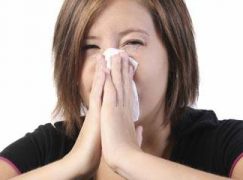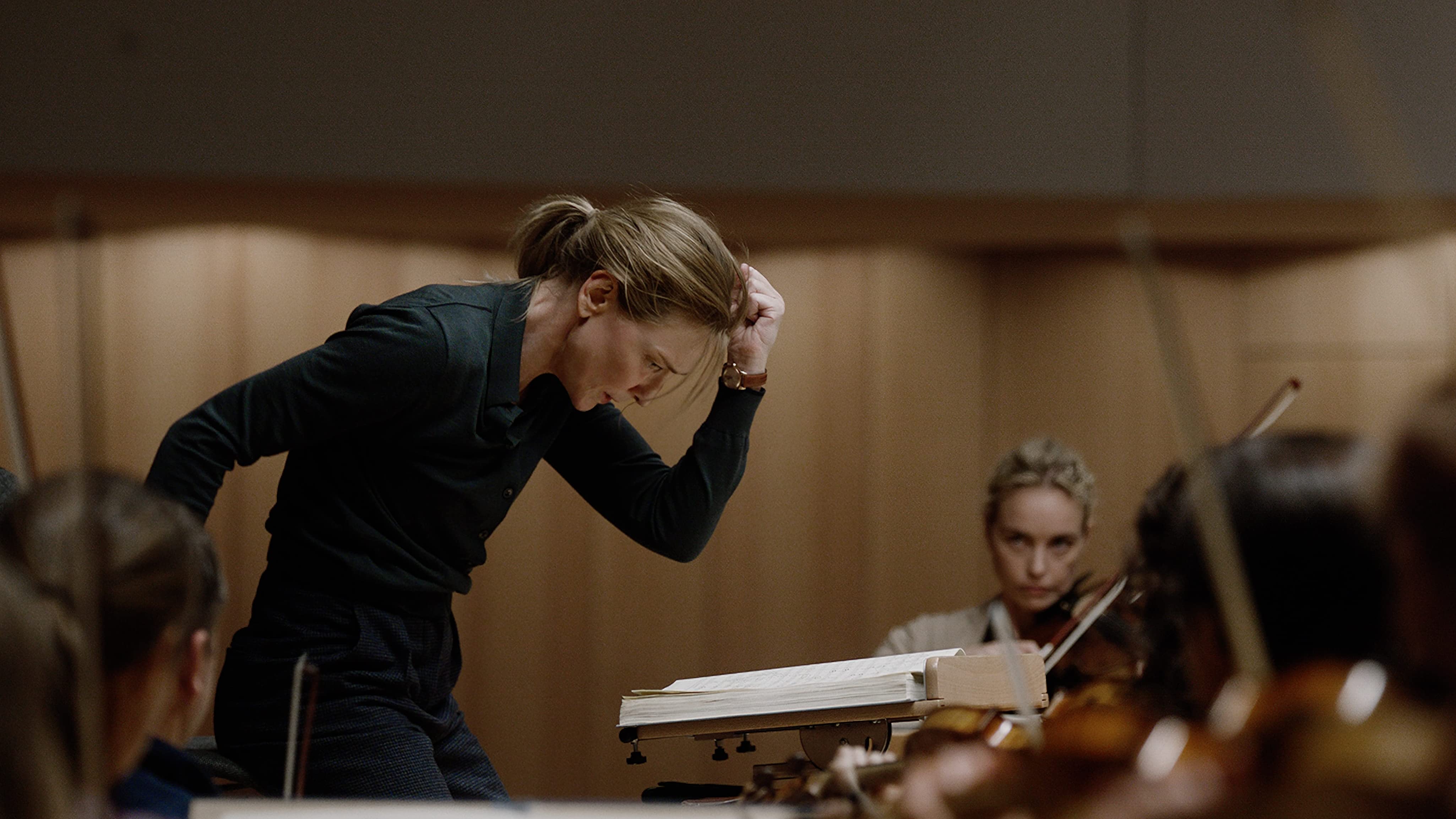When not to cough
mainJessica Duchen describes an experience shared at some time or other by every concertgoer: the moment when a tickle in the throat turns into a fear of massive organ failure if you don’t somehow clear the passage.
What to do? And how to do it without being spotted?
Read Jess here.






Comments